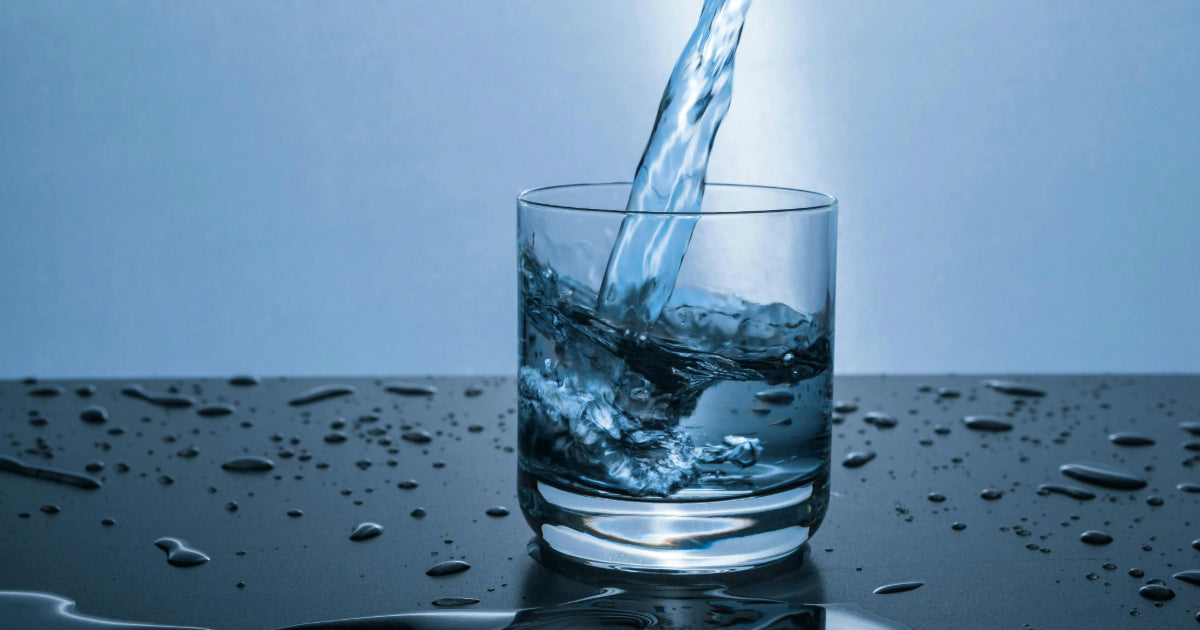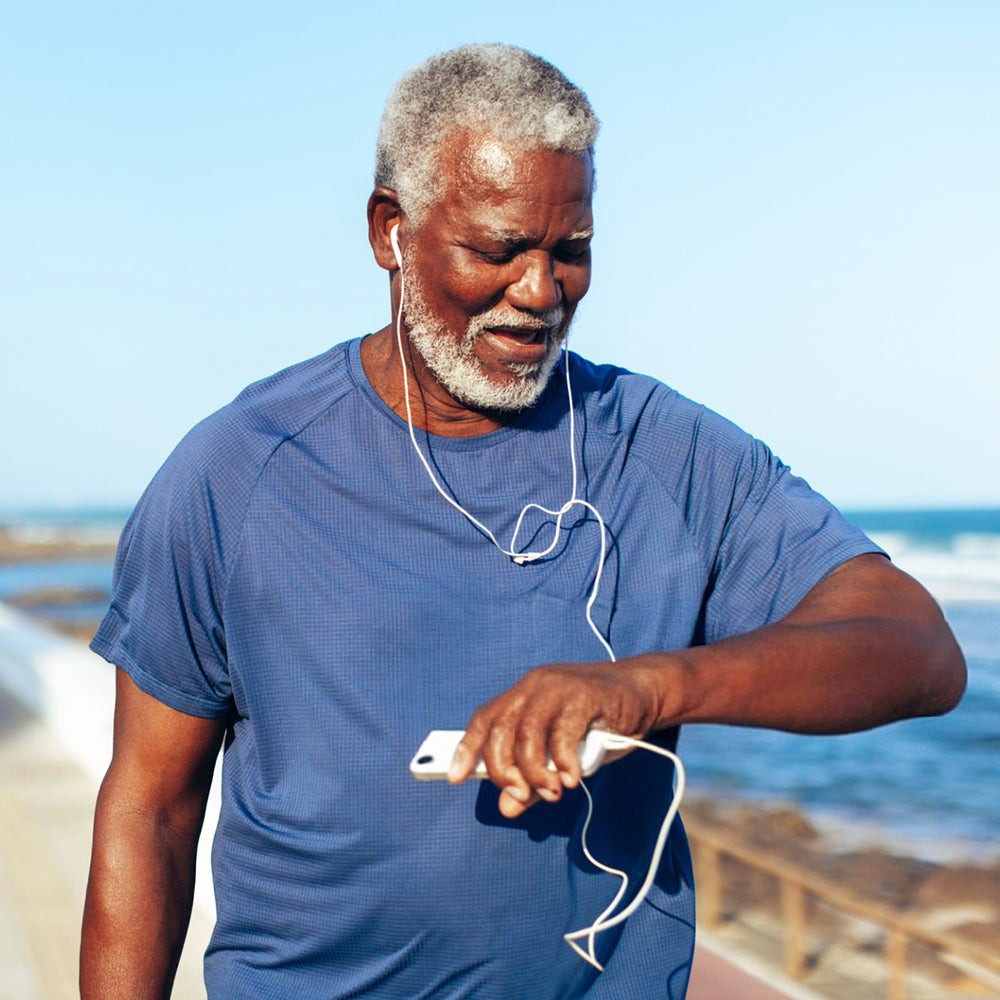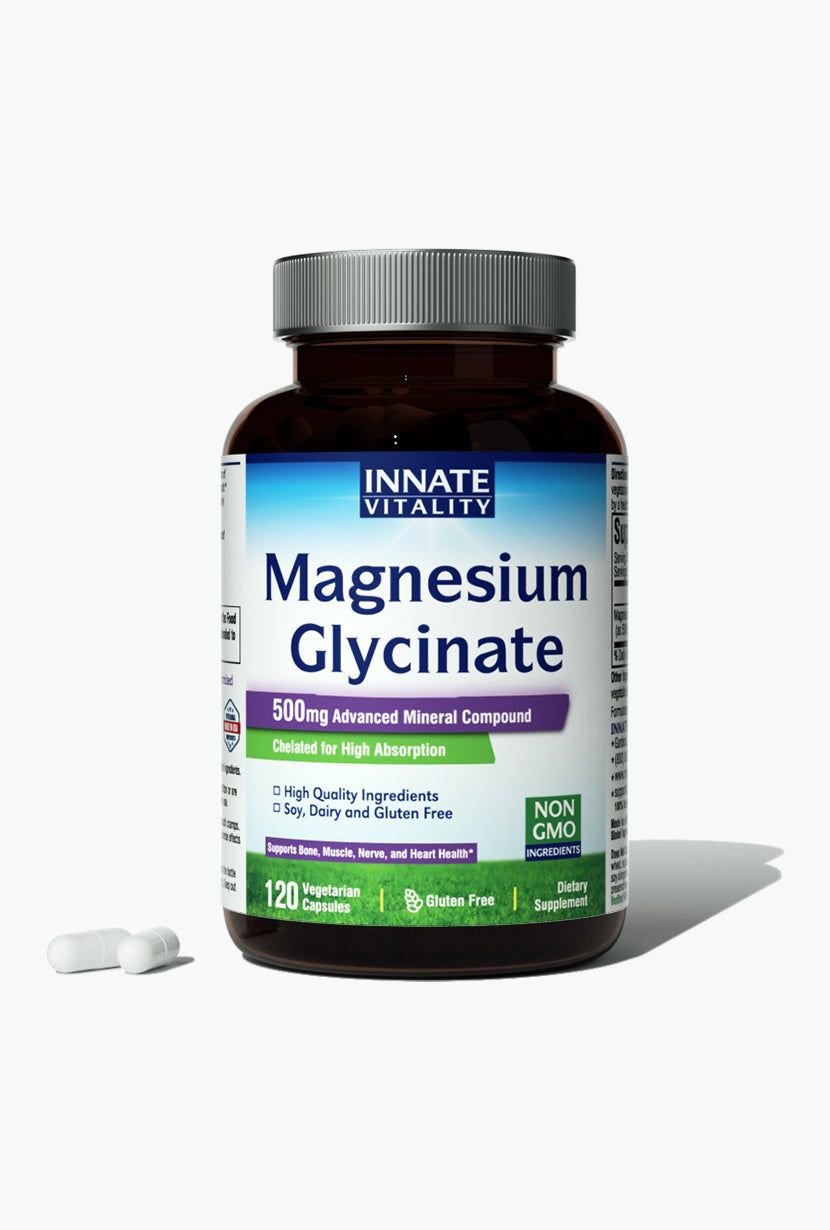Electrolytes: The Key to Staying Hydrated and Healthy

Electrolytes are a buzzword in the health and fitness world, often associated with sports drinks and intense workouts. But what exactly are electrolytes, and why are they so important? These tiny charged particles play a critical role in maintaining our body’s balance, hydration, and overall health. Whether you’re an athlete, a busy professional, or just trying to stay healthy, understanding electrolytes can help you optimize your wellbeing.
What Are Electrolytes?
Electrolytes are minerals that carry an electric charge when dissolved in water. They are found in your blood, urine, and other bodily fluids and are crucial for many bodily functions. The most common electrolytes include:
- Sodium
- Potassium
- Calcium
- Magnesium
- Chloride
- Phosphate
These minerals work together to regulate essential processes in your body, including hydration, muscle function, and nerve signaling.
Why Are Electrolytes Important?
Electrolytes are involved in nearly every process in your body. Here are some of the key reasons why they’re essential:
1. Maintaining Fluid Balance
Electrolytes, especially sodium and potassium, help regulate the amount of water in your body. They ensure that your cells don’t become dehydrated or overhydrated. This balance is vital for maintaining proper organ function and preventing issues like swelling or dehydration.
2. Supporting Muscle Function
Muscle contraction relies on calcium, potassium, and magnesium. Without enough electrolytes, you may experience muscle cramps, spasms, or weakness.
3. Enabling Nerve Signals
Your nervous system uses electrolytes to send signals between cells. These signals control everything from your heartbeat to your ability to move your limbs.
4. Balancing pH Levels
Electrolytes like bicarbonate help maintain the pH balance in your body, preventing it from becoming too acidic or alkaline. This balance is crucial for optimal cellular function.
5. Preventing Dehydration
When you sweat, vomit, or experience diarrhea, you lose electrolytes along with water. Without replenishment, this can lead to dehydration, fatigue, and other health problems.
Signs of Electrolyte Imbalance
An imbalance in electrolytes can have serious consequences. It’s important to recognize the signs of both deficiency and excess.
Symptoms of Low Electrolytes (Deficiency):
- Muscle cramps or weakness
- Fatigue or low energy
- Headaches
- Dizziness or lightheadedness
- Irregular heartbeat
- Nausea or vomiting
Symptoms of High Electrolytes (Excess):
- High blood pressure (due to excess sodium)
- Kidney problems
- Confusion or irritability
- Shortness of breath
Electrolyte imbalances can occur from sweating during exercise, illness, or poor dietary habits. If you’re experiencing severe symptoms, it’s important to consult a healthcare professional.
How to Replenish Electrolytes
Maintaining a healthy balance of electrolytes doesn’t have to be complicated. Here are some effective ways to ensure your body gets the electrolytes it needs:
1. Stay Hydrated
Water is essential for transporting electrolytes throughout your body. While water alone doesn’t contain electrolytes, it’s a critical component of hydration. Add an electrolyte-rich beverage if you’re sweating heavily or feeling dehydrated.
2. Eat a Balanced Diet
Electrolytes are abundant in whole foods. Incorporating these into your diet can naturally replenish your levels:
- Sodium: Found in table salt, soups, and processed foods (but consume in moderation).
- Potassium: Bananas, oranges, sweet potatoes, avocados, and spinach.
- Calcium: Dairy products, leafy greens, almonds, and fortified plant-based milk.
- Magnesium: Nuts, seeds, whole grains, and dark chocolate.
- Chloride: Table salt and seaweed.
- Phosphate: Meat, fish, eggs, and dairy products.
3. Use Electrolyte Supplements or Drinks
For those who engage in intense exercise, live in hot climates, or are recovering from illness, electrolyte supplements or drinks can help. Look for products with a good balance of sodium, potassium, magnesium, and other key minerals. Avoid those loaded with sugar, as they can counteract the benefits.
When Do You Need More Electrolytes?
Certain situations increase your need for electrolytes. Here’s when you may need to pay extra attention to replenishment:
1. During Intense Exercise
When you sweat, you lose both water and electrolytes. Athletes and fitness enthusiasts should prioritize electrolyte-rich drinks to prevent dehydration and muscle cramps.
2. In Hot Weather
Hot and humid conditions increase sweat production, leading to greater electrolyte loss. Stay ahead of dehydration by sipping water and replenishing electrolytes throughout the day.
3. Illness and Recovery
Conditions like vomiting, diarrhea, or fever can quickly deplete your electrolyte levels. Rehydrate with electrolyte solutions to restore balance and promote recovery.
4. After Alcohol Consumption
Alcohol is a diuretic, meaning it increases urination and causes electrolyte loss. Rehydrating with an electrolyte drink can help combat the effects of a hangover.
Conclusion
Electrolytes are vital for keeping your body functioning at its best. From maintaining hydration to supporting muscle and nerve function, they play a critical role in your overall health. By staying hydrated, eating a balanced diet, and supplementing when necessary, you can ensure your electrolyte levels stay in check.










